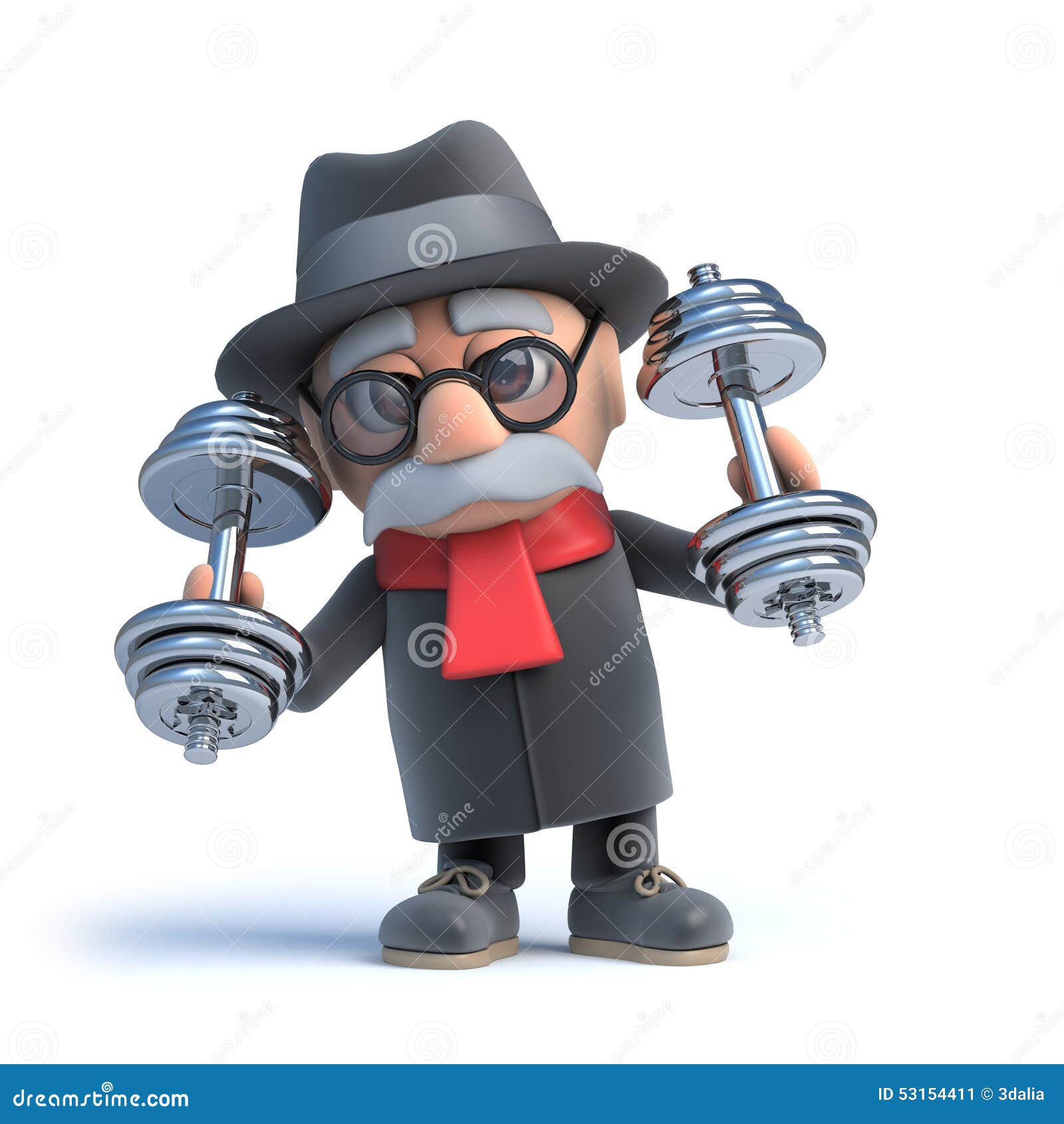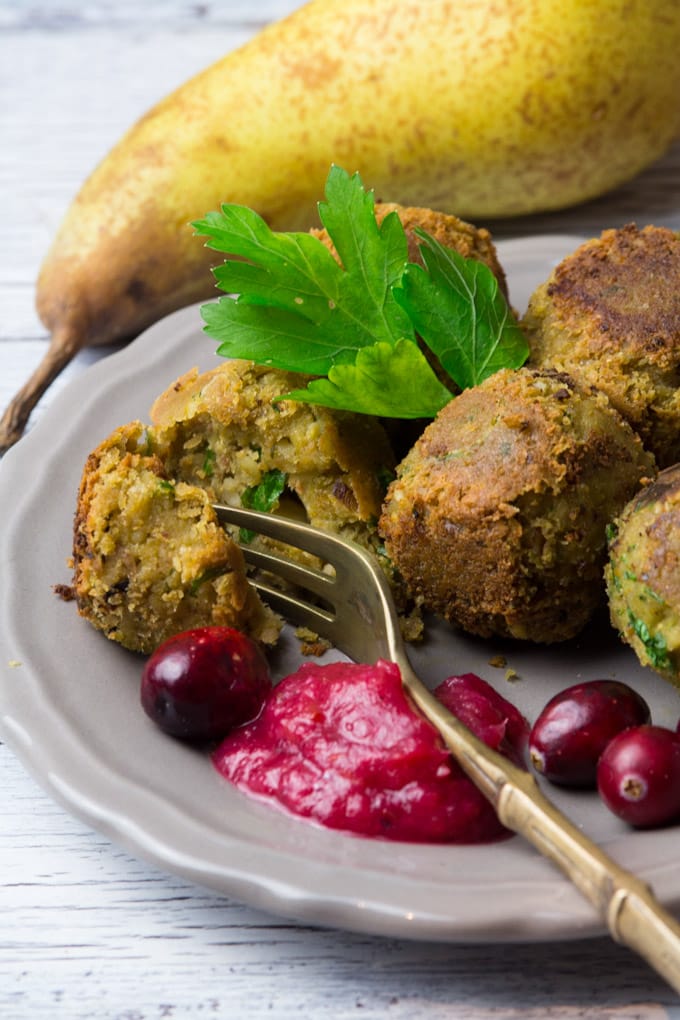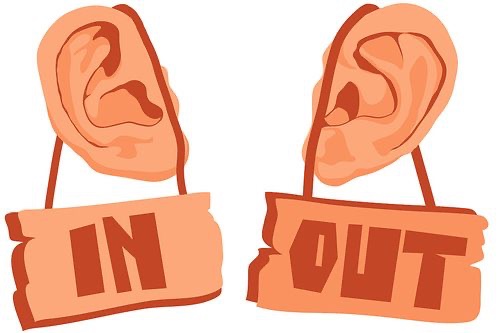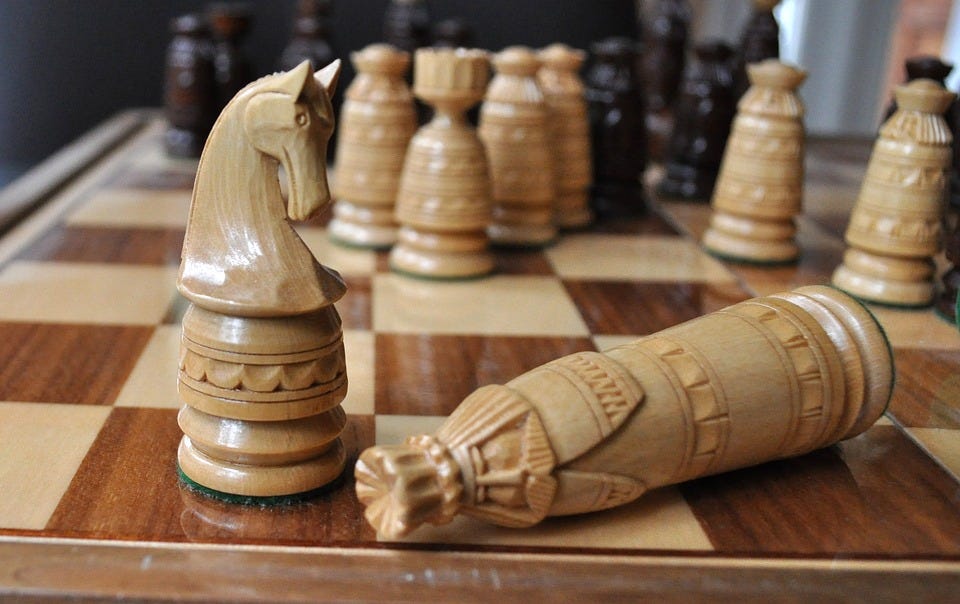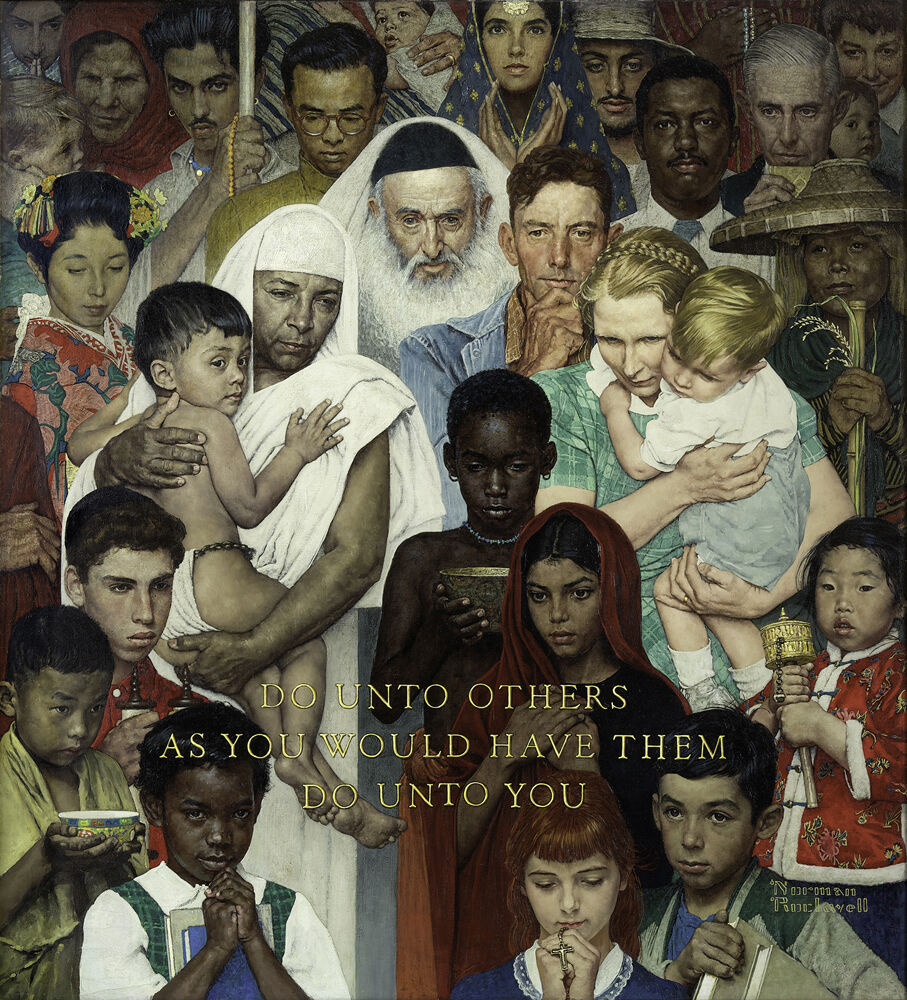In honor of the recent birthdays of Devorah and Tehila Seinfeld, and of the recent yahrzeits of Bert Walker and Yeudel ben Avraham.
Am I the only one who remembers,
They're starving back in China
So finish what you've got.
Yesterday, someone who is about 60 and not obese said to me, "There's no way" that he has 20 productive years ahead of him.
Maybe he knows too many actuaries. Why he shouldn't expect to live actively until 80 or 100 or beyond?
"Statistically, the odds are against me."
Are they? This is someone who takes care of his health.
Ever heard of How to Lie With Statistics?
A few weeks ago I gave a certain Gentile woman a blessing that she should live a long life, "until 100!"
She said, "Oh no, I don't want to live that long!"
Question for your table - If you could live as long as you want, how long would you want?
(Perhaps at least long enough too see things like this, or this.)
Shabbat Shalom
Enjoyed this Table Talk? Vote with your fingers! Like it, tweet it, forward it....
 |  |  |
A
